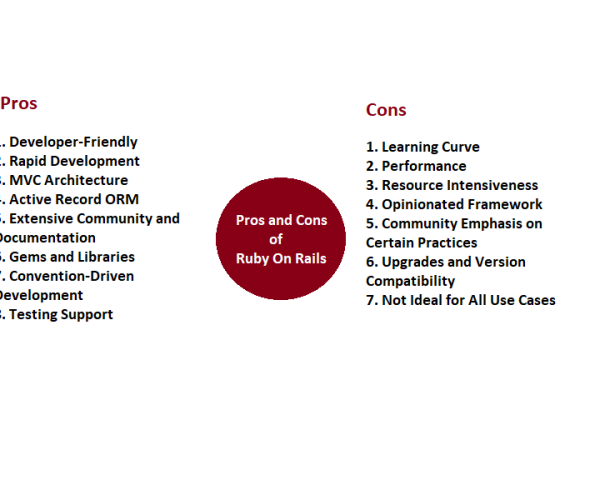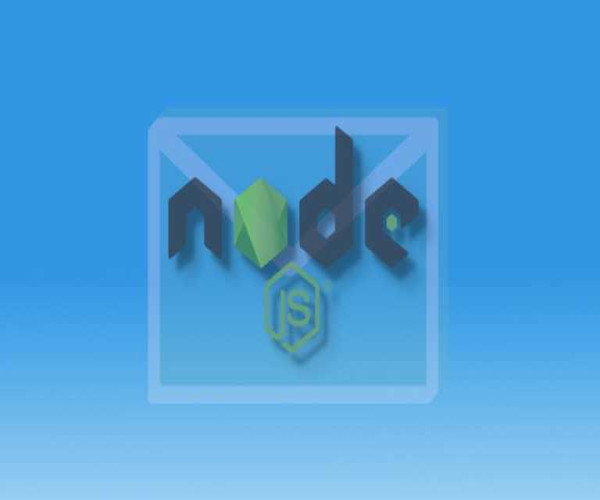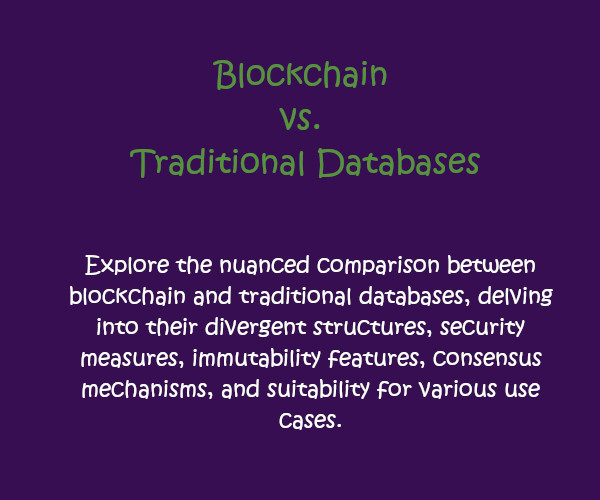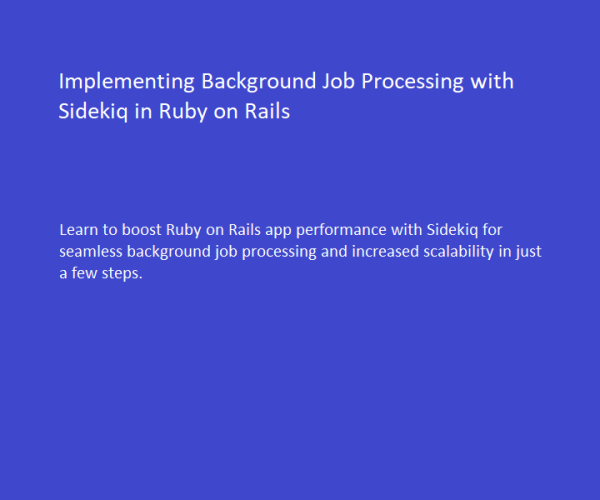
Ruby on Rails: Navigating the Pros and Cons for Smart Development Decisions

Here's a brief overview of the pros and cons of Ruby on Rails (ROR):
Pros:
Developer-Friendly:
ROR follows the convention over configuration (CoC) and don't repeat yourself (DRY) principles, making development more straightforward and less error-prone.
Rapid Development:
The use of scaffolding, code generators, and a wealth of pre-built plugins allow for quick development and prototyping.
MVC Architecture:
The Model-View-Controller (MVC) architecture promotes code organization, making it easier to maintain and scale applications.
Active Record ORM:
Active Record simplifies database interactions, allowing developers to work with databases using Ruby code and reducing the need for SQL queries.
Extensive Community and Documentation:
A large and active community provides support, and there's comprehensive documentation available, making it easier for developers to find solutions and resources.
Gems and Libraries:
The RubyGems system allows easy integration of third-party libraries and tools, saving development time and effort.
Convention-Driven Development:
Conventions in Rails lead to consistent code patterns, making it easier for developers to understand and collaborate on projects.
Testing Support:
Integrated testing tools support automated testing, ensuring the reliability of applications.
Cons:
Learning Curve:
The convention-driven approach may pose challenges for developers accustomed to more configuration options, and there might be a learning curve for beginners.
Performance:
While Rails provides good performance for most applications, it may not be as performant as some other frameworks for certain high-traffic or resource-intensive applications.
Resource Intensiveness:
Rails can be resource-intensive, particularly in terms of memory usage, which may impact the scalability of applications.
Opinionated Framework:
Some developers might find Rails too opinionated, meaning it enforces certain conventions that may not align with their preferred coding style or architecture.
Community Emphasis on Certain Practices:
The strong community emphasis on certain practices may lead to limited flexibility in choosing alternative technologies or methodologies.
Upgrades and Version Compatibility:
Upgrading between major versions of Rails may require adjustments to existing code, and maintaining compatibility with the latest version can be a consideration.
Not Ideal for All Use Cases:
While great for many web applications, Rails might not be the best choice for certain specialized applications or specific industry requirements.











